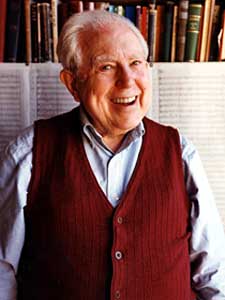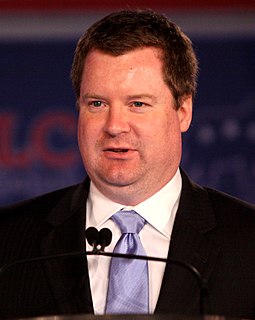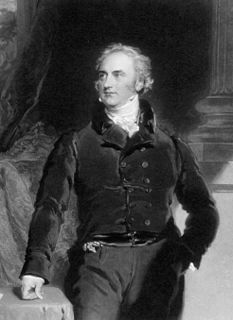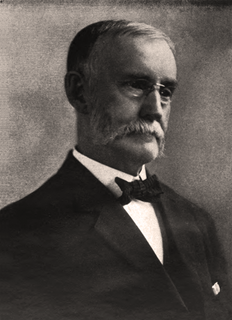A Quote by Helen Keller
If I regarded my life from the point of view of the pessimist, I should be undone. I should seek in vain for the light that does not visit my eyes and the music that does not ring in my ears. I should beg night and day and never be satisfied. I should sit apart in awful solitude, a prey to fear and despair. But since I consider it a duty to myself and to others to be happy, I escape a misery worse than any physical deprivation.
Quote Topics
Related Quotes
Christians should not be hostile, they should not hate, they should not judge, and they should not condemn. But they also must not shy away from real Truth and real Christianity. Just because so many have “itching ears” and “will accumulate for themselves teachers to suit their own passions” does not mean Christians should be willing to scratch that itch.
We speak much of the duty of making others happy. No day should pass, we say, on which we do not put a little cheer into some discouraged heart, make the path a little smoother for someone’s tired feet, or help some fainting robin unto its nest again. This is right. We cannot put too great emphasis upon the duty of giving happiness and cheer to others. But it is no less a duty that we should be happy and cheerful ourselves.
It is not strange that that early love of the heart should come back, as it so often does when the dim eye is brightening with its last light. It is not strange that the freshest fountains the heart has ever known in its wastes should bubble up anew when the lifeblood is growing stagnant. It is not strange that a bright memory should come to a dying old man, as the sunshine breaks across the hills at the close of a stormy day; nor that in the light of that ray, the very clouds that made the day dark should grow gloriously beautiful.
In order not to leave any traces, when you do something, you should do it with your whole body and mind; you should be concentrated on what you do. You should do it completely, like a good bonfire. You should not be a smoky fire. You should burn yourself completely. If you do not burn yourself completely, a trace of yourself will be left in what you do. You should not have any remains after you do something. But this does not mean to forget all about it.
Because we love the Lord, we should be spiritually sensitive to moments when the powerful and important truths of the gospel can be shared with others. Perhaps more importantly, however, we should seek at all times to purify ourselves and to lead such worthy lives that the Light of Christ emanates from us in all that we say and do. Our day-to-day lives should stand as immutable witness of our faith in Christ.
For who does not know, or does not advert to the fact, that what was given to the Roman Church by Peter, Prince of the Apostles, and is preserved even to this day, is what should be observed by all? Nor should anything be added, or anything unauthorized be introduced, nor should an exemplar be looked for elsewhere.
Practice can be stated very simply. It is moving from a life of hurting myself and others to a life of not hurting myself and others. That seems so simple-except when we substitute for real practice some idea that we should be different or better than we are, or that our lives should be different from the way they are. When we substitute our ideas about what should be (such notions as "I should not be angry or confused or unwilling") for our life as it truly is, then we're off base and our practice is barren.



































